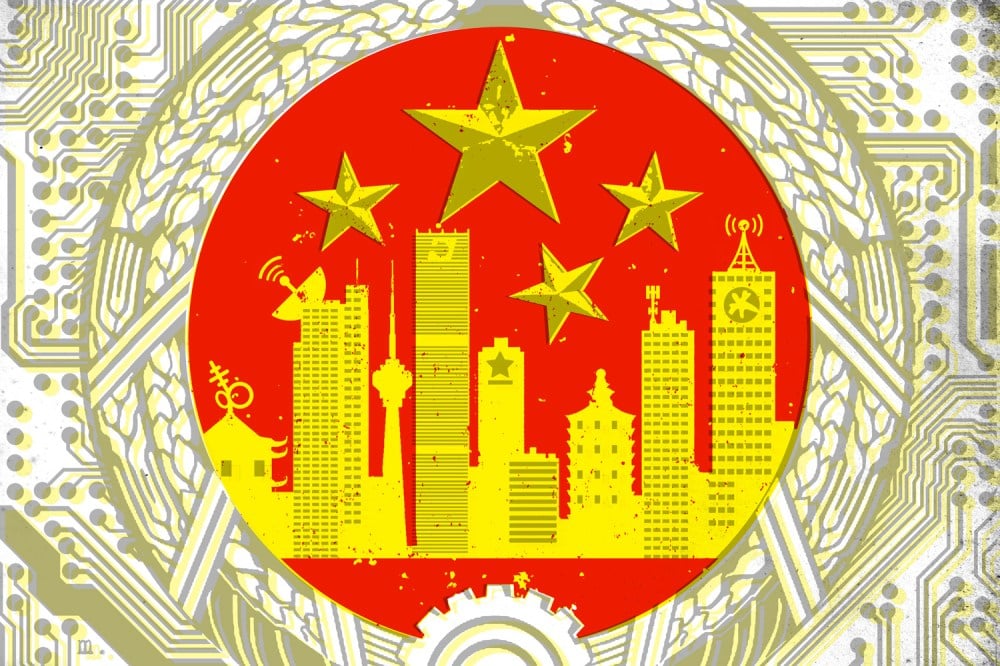
Tech Giants Are Giving China a Vital Edge in Espionage
U.S. officials say private Chinese firms have been enlisted to process stolen data for their country’s spy agencies.
Status quo: It’s illegal to sell a firearm across US state lines without an FFL. And, illegal to sell internationally without an arms export license. It’s illegal to make or possess certain other destructive devices - e.g. bombs, missiles, mines, grenades, rockets - outside of contracted DoD suppliers.
Unpopular opinion: Congress should make it illegal to sell user data across US state lines or internationally without a similarly-regulated license. Certain data might just be illegal to sell altogether and/or to possess unhashed. The companies that traffic in user data will just have to adapt or stop it.

